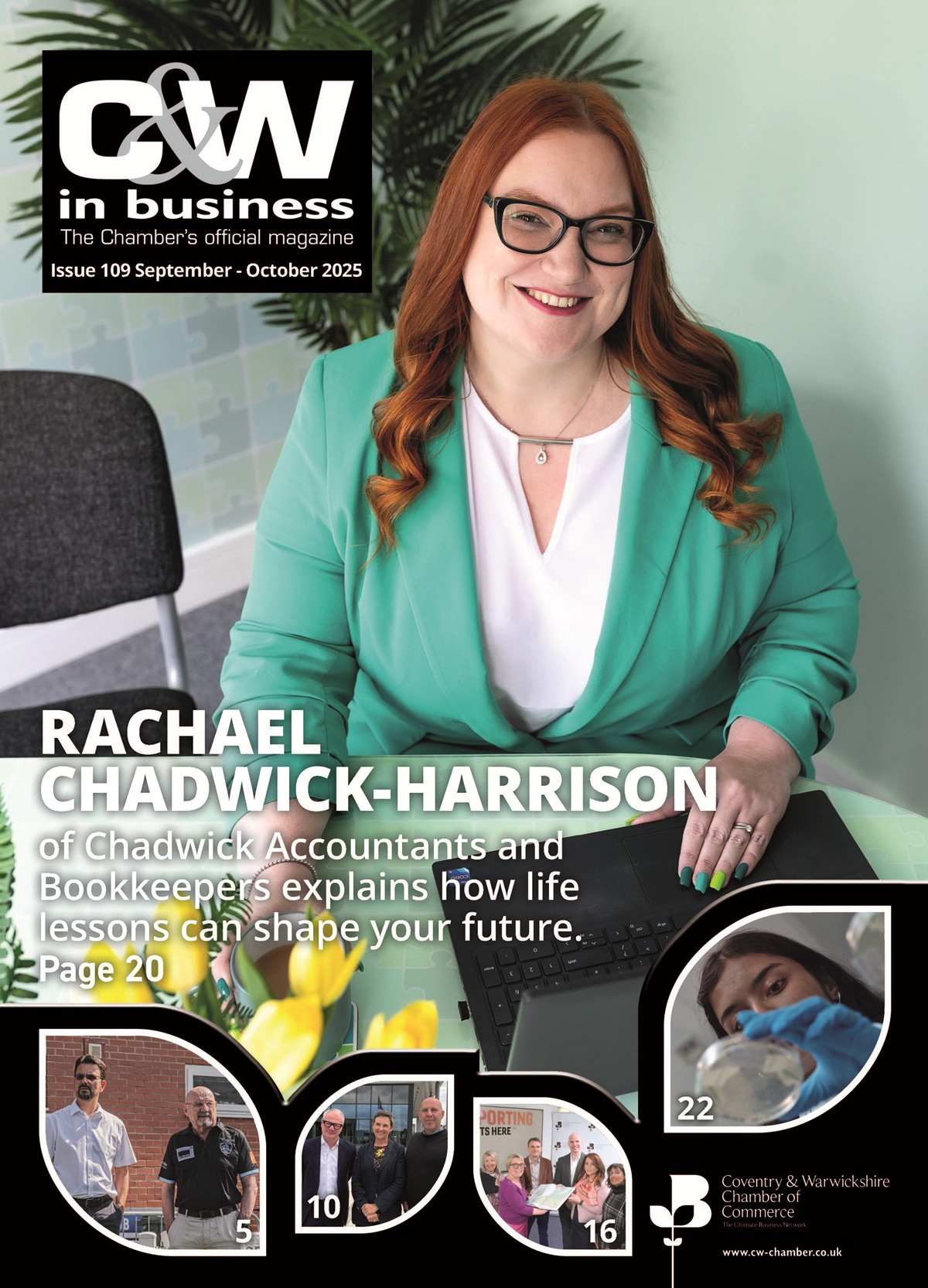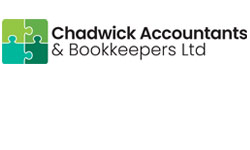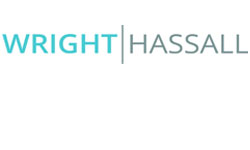Julia Rosenbloom, tax partner at law firm, Shakespeare Martineau, said: “There has been a huge amount of noise about the introduction of this so-called ‘side hustle crackdown’, but the reality is that the majority of people selling clothes on Vinted and Depop, or unloved items on eBay, will be completely unaffected. For most people, there is absolutely nothing to worry about.”
The rules have been brought in as part of a general move towards better information sharing between online selling platforms and HMRC, with the main aim being to catch out tax evaders. Only ‘professional’ sellers, whose activity could be considered more than a ‘side hustle’, need to be concerned.
Rosenbloom, continues: “These rules really aren’t anything new and aren’t unique to the UK. Many countries across Europe and beyond have signed up to the regulations too and unless people are purposely trying to run a buying and selling business without telling HMRC, there’s no reason to panic. Most people who use these platforms to sell old clothes or unwanted Christmas presents are very unlikely to exceed the thresholds put in place and will not be categorised as professional sellers.”
However, the rules do extend further than second hand clothes and other household items. Revenue generated from holiday lets through sites such as Airbnb can be reported too. Since this would also be subject to the same £1,700 thresholds, it could be much easier for those with holiday rentals to get caught out.
Rosenbloom, said: “A big area which people need to be really careful of, which hasn’t been discussed in the media, is holiday lets. Whether you own place in the UK that you rent out, or a ski chalet in the French Alps, it’s going to be easy to exceed the thresholds with such property, so that’s certainly something to watch out for. Of course, these people should be reporting their income to HMRC anyway – the changes simply mean that the online platform will tell HMRC about the transactions so watch out if you haven’t been declaring tax properly.
“Really, if anyone finds themselves exceeding 30 sales a year or £1,700 gross income from selling online, they should consider whether their ‘side hustle’ is turning into a ‘main hustle’. If this is the case, they should definitely ensure they are paying the correct tax, as well as any VAT, if they’re making a lot of money from selling online. It might even be a good idea to set up a limited company.
“The changes also help level playing the field between those whose “side hustle” is a part-time job and those who run an online business.. Someone working a few hours in a bar at the weekend pays tax through PAYE on their “side” income and there is no reason to distinguish between them and someone running a business at the weekend selling online..
“I would stress though that the distinction between running a business and selling a few unwanted items is critical. Initially, these changes seemed far more wide-reaching than they really are. Unless someone is trading high value luxury goods and making huge amounts of cash or trading low value goods in volume, the majority of people will be able to carry on buying and selling safe in the knowledge that they aren’t going to fall foul of HMRC.”
Digital selling platforms had to start collecting information on users’ transactions from 1 January 2024. They must report back to HMRC by 1 January 2025.
For more information visit www.shma.co.uk.



























